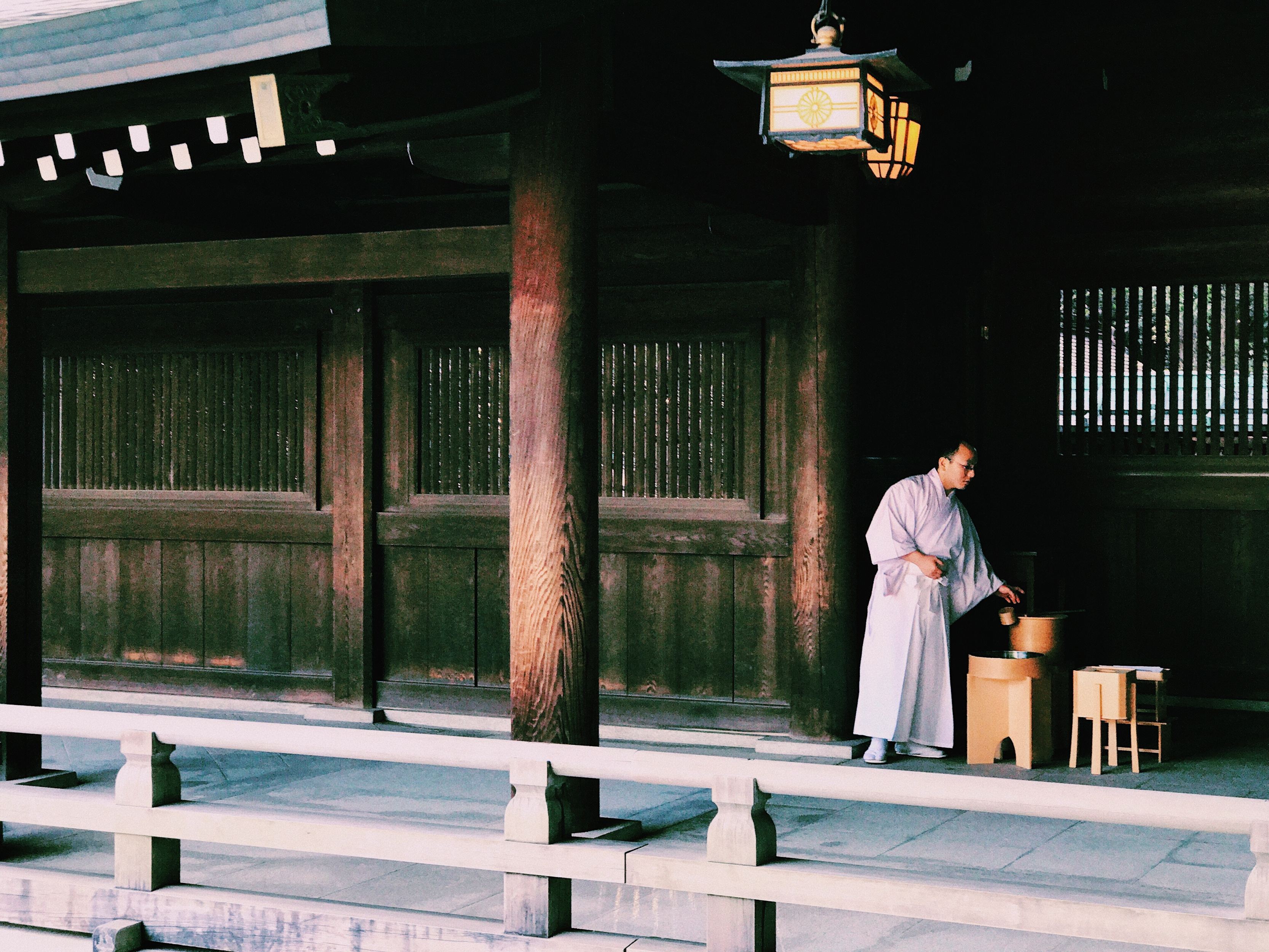An Ode to the Simple Life
Words: Courtney Boag
Images: Anthroprospective
February 9, 2019
“In every situation, we find ourselves in, or any pool of negativity we become submerged in, we ought to become conscious of where the resistance is coming from. In noticing where the resistance derives from, we can become more attuned with the way out, or in the words of Confucius the ‘door’, we need to depart through”
Courtney Boag

The ‘simple life’ is hard for many of us to perceive, particularly when we find ourselves inundated with our workload; that burden which is put on us by society, our workplaces, and of course, ourselves. This is precisely why it is important for us to grabble with and, moreover, attempt to achieve in our day to day lives. The paradox of development so often strikes me as counterintuitive. Why, oh why, have we built such sophisticated skylines which, unrelentingly, seem to expand every day when, conversely, on a whole, our own societies social fabric and our collective sense of personal wellbeing seem to be dwindling?
American Anthropologist, Marshall Sahlins has been particularly influential in analysing and documenting this social conundrum in his book ‘The Original Affluent Society; The Paradox of Development’. Sahlin’s belief was that hunter-gatherer societies were able to achieve affluence through desiring less and hence being able to successfully meet their needs with the resources already available to them. This, he called the ‘Zen road to affluence’ where “human material wants are finite and few, and technical means are unchanging but on the whole adequate for a good standard of living”. Consequently, by requiring less these hunter-gatherer societies were able to meet their requirements while also having excess time for their own personal activities, or time spent investing into meaningful relationships. In his book, Sahlins compares the research he collected on hunter-gatherer societies with findings from western communities and explained that in contrast to the ‘Zen road to affluence’ the western way towards achieving affluence is termed the ‘Galbraithean way’ where “man’s wants are great, not to say infinite, yet his means are limited… and the gap between means and ends can eventually be narrowed by industrial productivity”.
While, I’m sure, like most things in life, this comparison cannot be painted black and white, yet nevertheless, there is a pertinent issue which Sahlins captures well; if we have invested so greatly into the infrastructure of our society, why then has the social and cultural makeup of our society suffered? Why are we feeding an economic machine before – forgive the cliché– feeding our own well-being? I’m reminded of the influential scene in the German cult classic film Metropolis were succumbing to fatigue, an industrial worker falls to the ground for rest only to be literally and metaphorically fed to ‘The Machine’- that is capitalism. It’s a strong visual and ironically one that was filmed in black and white. Yet, I can’t help but attribute our current embodiments of capitalism with this Metropolis machine, or at least with the ideologies that were portrayed in this 1920’s masterpiece by Thea von Harbou in collaboration with Fritz Lang.
How then, have we succumbed to this self-serving economic apparatus? How have we ‘developed’ and ‘evolved’ from a ‘Zen’ road to a ‘Galbraithean way’ towards affluence? At what point did we consciously say “ok, I have met all my basic needs and now I want more, I am ready to substitute my time and quality of life to acquire greater material assets?” How did we become so complexly entangled into a, for some symbiotic, and for others destructive, relationship with capitalism? And, is there a way out, or at least a way of changing the rules of the game?
In speaking to the struggles so commonly recycled through human evolution, Confucius said that “the way out is through the door. Why is it that no one will use this method”? However, while Confucius did not live to experience the turn of the Industrial era or the hold which capitalism has over international economies today, his words can still offer us profound insight’s on how we should respond to such challenges. In every situation, we find ourselves in, or any pool of negativity we become submerged in, we ought to become conscious of where the resistance is coming from. In noticing where the resistance derives from, we can become more attuned with the way out, or in the words of Confucius the ‘door’, we need to depart through. Surely, if we practice this way of thinking it will soon alter our day to day lives and, importantly, our mentality around what is most important for our wellbeing. Choosing to erase or change even the most ordinary, yet fruitless, of rituals in our day to day lives is a powerful rebellion to a political and economic structure we never avertedly wished for. True empowerment comes when you take control over your life and real happiness is yours when you become more intuitive of your own needs. Indeed, abundance and liberation can be found in simplicity. It will take time for change to happen, but collectively we hold the key to a simpler and rewarding life.